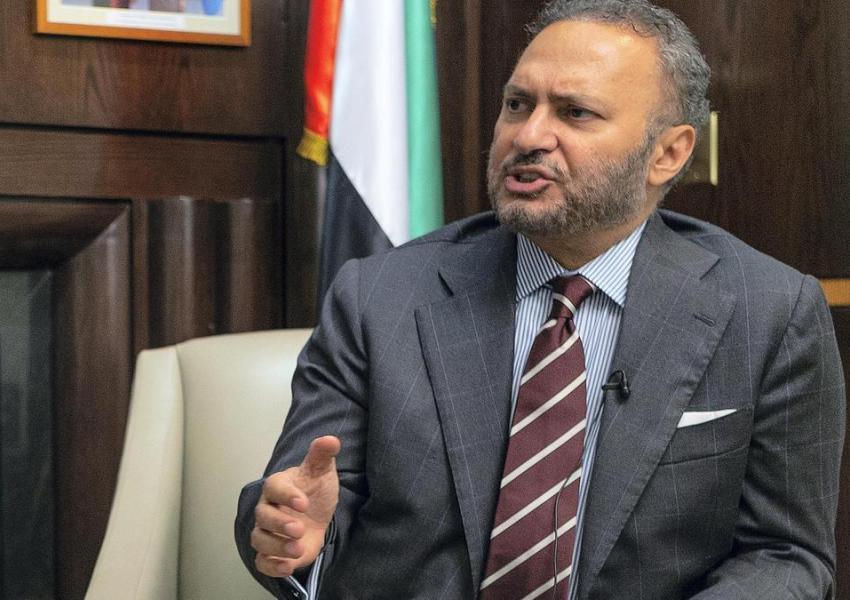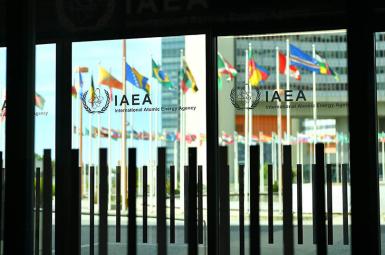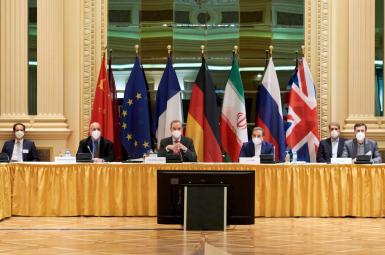
UAE: We Need Multilateral Efforts to Change Iran's Behavior
The Foreign Minister of the United Arab Emirates, Anwar Gargash, says Iran will be the first topic of UAE’s talks with other members of the United Nations at this week's General Assembly meeting in New York.
In an interview with a national Emirati newspaper on Monday, September 24th, Gargash said one of the key issues that require multilateral cooperation is restricting Iran's activities.
He stressed that the Islamic Republic's activities in three areas are causes for concern and that these areas require negotiation and cooperation: Iran's nuclear deal which only restricts the country's activity for ten years, Iran's ballistic missiles program, and Iran's interventions in the Middle East are the most important topics.
Gargash said in the interview that the problem with Iran's nuclear activities is not the technology that the country possesses; it is "the monster who controls that technology, and in case of Iran, no one in the region has a reason to ever trust them."
The UAE Foreign Minister said one of the challenges facing Arab countries around the Persian Gulf is to have representatives at all international negotiations with Iran. He said their initial attempts to participate and voice their concerns in the previous nuclear deal was suppressed, which is a concern for the Arab countries. According to Gargash, denying Arab countries to have representatives in the nuclear talks has costed everyone. "There were negotiations and agreements about the region, but there was not a single Arab voice in those negotiations, and this is a problem that we need to resolve now that there are new developments."
Gargash, referring to the disagreements between Europeans and the Trump administration on JCPOA, said Iran’s regime is struggling to create discord between the United States and Europe, but at the end of the day, "Europe will not take a position that is 180 degrees opposite of the United States."
Regarding Iran's missile program, the UAE Foreign Minister suggested that the developments in Yemen indicate that Iran's ballistic missile program is not defensive, and he emphasized: "What everyone should feel concerned about, is that Iran’s involvement in different countries, from Lebanon to Syria, to Bahrain, to Yemen, has shown that this country does not recognize the sovereignty of other countries and the concept of good neighbors, and this pattern should be stopped."
Gargash continued: "No one wants a regime change, nobody is trying to harm regional stability, but it is very important for Iran’s authorities to understand that they have mixed up their priorities. Achievements in a village in Syria or a region in Iraq are not really achievements for the people of Iran.”
The UAE government, along with the Saudi government, is supporting Donald Trump to increase pressure on the Islamic Republic to change its behavior in the region. Emirati officials have expressed hope that the United States’ pressure on the Islamic Republic could change the regime’s behavior in the region.








